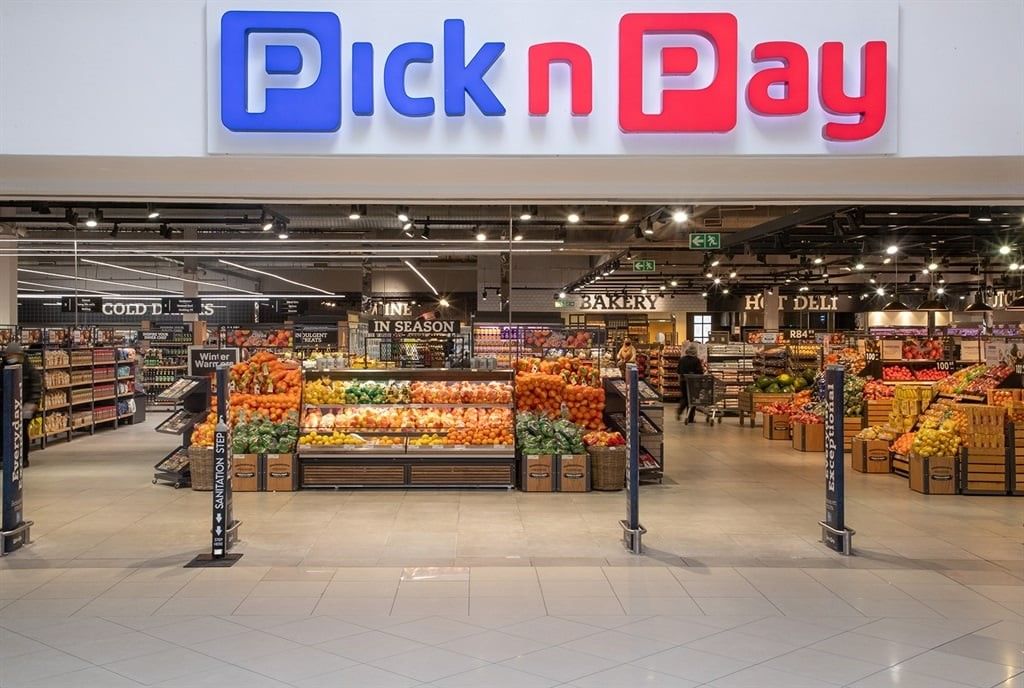
Load shedding costs Pick n Pay R60 million a month – the ‘permanent new reality’
Retail group Pick n Pay says that load shedding is having a profound impact on its business, and it is spending R60 million a month running diesel generators to keep the lights on.
In a trading update for the 43 weeks ended 25 December 2022, the group reported a boost in sales and turnover for the period, despite a “significantly more difficult trading environment”.
Group sales for the first 10 months of the 2023 financial year (FY23), covering the 43-week period from 28 February 2022 to 25 December 2022, increased 9.3%. South Africa sales growth for this 10-month period was 9.0%, with like-for-like sales growth of 4.8%.
Pick n Pay South Africa sales grew 4.5% (3.8% like-for-like) in the 43-week period, while South African internal selling price inflation for the 17-week period was restricted to 10.0%, below 12.2% CPI Food.
Load shedding impact
Pick n Pay said that load shedding has completely disrupted the retail sector, and is now being seen as the “permanent new reality” for South Africa.
“Our priority has been to provide an uninterrupted service for customers in our stores, whatever the level of load shedding. Inevitably, load shedding has disrupted customers, with some impact on turnover.
“Of greater consequence, however, are the substantial unplanned costs incurred in running localised power generation for stores.”
Pick n Pay said that the ongoing crisis in national electricity generation is having a profound impact on every part of society and the economy.
The group has ensured that all Pick n Pay and Boxer stores have backup power and are operational throughout load shedding – however, severe load shedding has created significant challenges beyond the cost of diesel.
“Customer demand is dampened as a result of the disruption, inconvenience, and concern that food may spoil due to interruptions to power at home. The production of food and other goods is disrupted, creating stock challenges,” it said.
It said that diesel generators are also not designed to run for many hours on end and suffer breakdowns, which means the businesses incur additional costs.
The group said it spent an additional R346 million year-on-year on diesel to run generators at stores in the first 10 months of the year, with the costs concentrated over the latter months.
The generators currently run at a rate of approximately R60 million per month, depending on the stage of load shedding experienced.
“In addition to the above, the group is experiencing increased generator repairs and maintenance costs and some additional food waste costs.”
Pick n Pay previously warned shareholders to expect broadly flat FY23 earnings (against the FY22 pro forma earnings base) due to external headwinds, including unprecedented load shedding. Because of the further escalation in load shedding since then, the issues have only been exacerbated, it said.
“The group is working exceptionally hard to mitigate as much as possible of the additional cost pressure.”
Pick n Pay said that despite the government’s promises that a plan for the energy crisis is being worked on, and that pressure on businesses will be eased, it is clear that progress will be slow.
“The group, therefore, takes the view that the current crisis is a permanent new reality, requiring a rapid, determined and concerted response. We are determined to be on the front foot in adapting our Ekuseni strategic plan and our operations successfully to the new reality.”
To adapt to this new reality, it said it would:
- Redouble efforts to reduce energy consumption, looking across air-conditioning and refrigeration, food preparation, lighting and other uses of electricity to reduce usage further, without unduly impacting customer service.
- Negotiate with landlords to ensure that they maximise the installation of solar on the roofs of stores or allocate a fair share of renewable electricity that they generate.
- Install inverter and battery power solutions to operate supermarkets sustainably through load shedding. It said it would have trial supermarkets operational in the coming weeks, with all standalone corporate clothing stores already having power backup, with more than half of these on inverter and battery power.
- Depending on the energy options pursued, Pick n Pay may need to reprioritise other demands for capital investment. In this event, priority will continue to be given to funding expansion of the group’s Boxer and Clothing growth engines.
- The group also intends to accelerate growth opportunities that are less directly disrupted by interruptions to infrastructure. This includes accelerating its digital ambitions, including new initiatives in omnichannel retailing and digital media, alongside plans to step change its Smart Shopper loyalty programme.
News Category
- International retailers
- On the move
- Awards and achievements
- Legislation
- Wine and liquor
- Africa
- Going green
- Supplier news
- Research tools
- Retailer trading results
- Supply chain
- Innovation and technology
- Economic factors
- Crime and security
- Store Openings
- Marketing and Promotions
- Social Responsibility
- Brand Press Office
Related Articles

Empowering South African households through gro...

SPAR shares practical tips to beat food inflation

South African motorists could be paying up to R...

Big VAT changes on the cards


